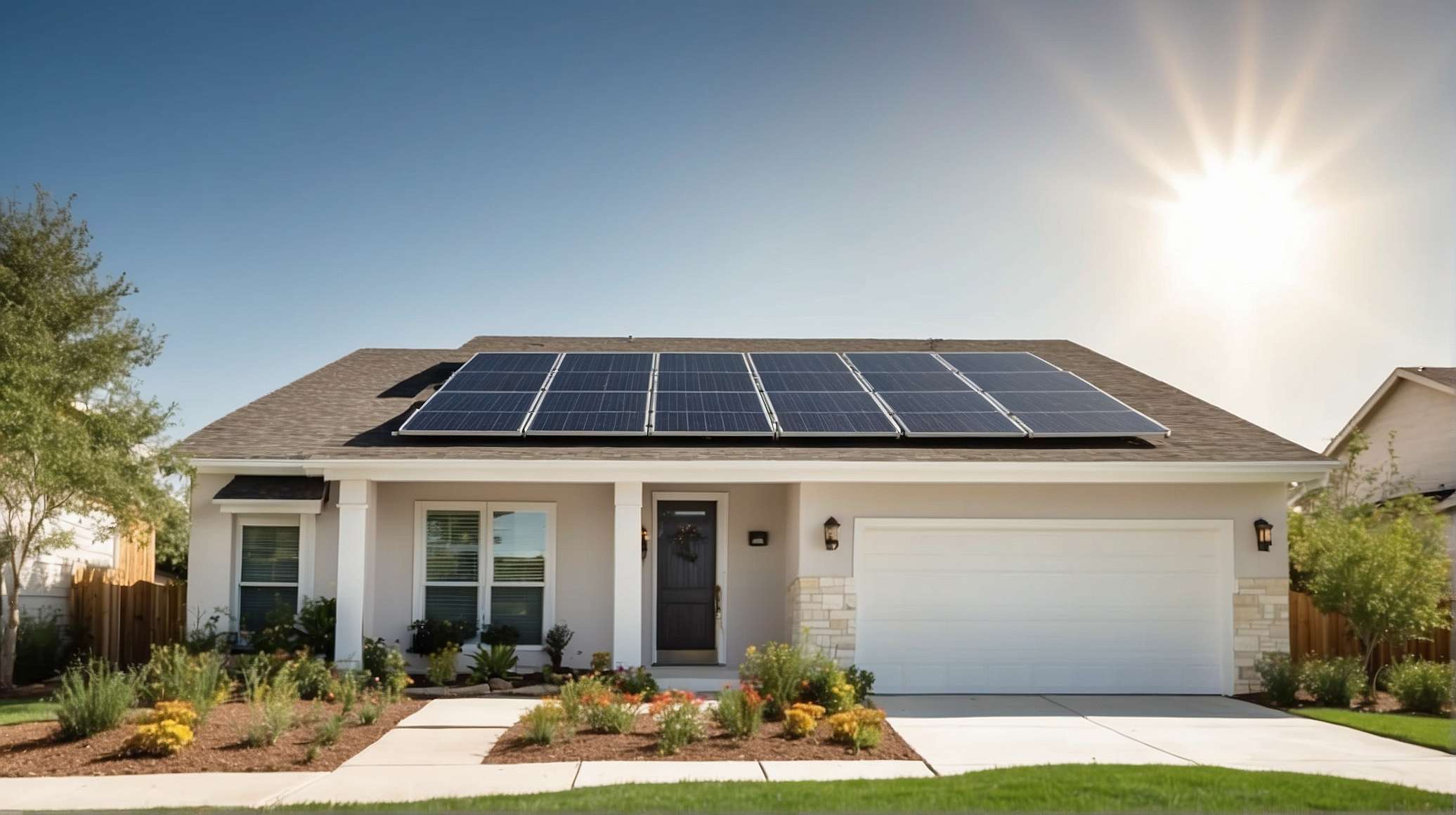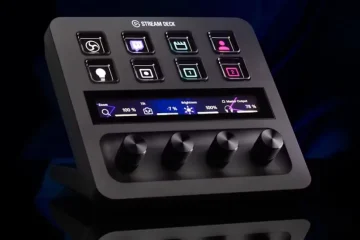Installing solar batteries is essential to enhancing your home’s energy efficiency and sustainability. These batteries store excess energy generated by your solar panels, allowing you to utilize solar power even when the sun isn’t shining. However, preparing your home for this installation is crucial to ensure a smooth process and optimal system performance. We will explore the steps you can take to ready your home for professional solar battery installation by North Valley Solar Power, including assessing your energy needs, evaluating your current electrical system, and making necessary adjustments to your home.
Assessing Your Energy Needs
Before proceeding with solar battery installation, evaluating your home’s energy consumption is vital. Understanding how much energy your household uses daily and monthly helps determine the size and capacity of the battery system you will need. Start by reviewing your past electricity bills to identify patterns in usage. Look for any seasonal fluctuations and consider how many appliances and devices you typically use at different times of the day.
Additionally, consider conducting an energy audit. This involves assessing your home’s insulation, windows, and appliances to pinpoint areas where energy consumption could be reduced. For example, if your home has old, inefficient appliances, upgrading to energy-efficient models can significantly lower your energy usage, thus reducing the size of the battery system required. Once you understand your energy needs, consult with your solar installer to discuss the appropriate battery options that match your consumption patterns and future energy goals.
Evaluating Your Current Electrical System
An essential part of preparing for solar battery installation is evaluating your existing electrical system. Ensure that your electrical panel can handle the additional load of the new battery system. A licensed electrician can assess whether your current panel is adequate or if upgrades are necessary. Suppose your home has an outdated electrical system. In that case, it may be unable to efficiently manage the energy flow from both the solar panels and the batteries, leading to potential issues.
Moreover, the location of your electrical panel is significant. The installation process may take longer and incur additional costs if it’s located in a hard-to-access area. Ensure that the area is clear and accessible to the installation team. During the evaluation, discuss the layout of your home, as it may be beneficial to have the battery installed in a location close to the electrical panel to minimize wiring costs and complexity. Proper electrical system assessment will facilitate a smoother installation process and ensure the new solar battery operates effectively.
Making Necessary Home Adjustments
Preparing your home for solar battery installation may also involve making certain adjustments to accommodate the new system. One common adjustment is to ensure that there is enough physical space for the batteries themselves. Depending on the type and size of the battery system, the installation may require a specific amount of space, usually in a garage or a dedicated utility room. Clear out clutter in these areas to create a safe and accessible installation environment.
In addition, consider the ventilation requirements for your chosen battery system. Many batteries require proper ventilation to function efficiently and safely, especially lithium-ion batteries, which can generate heat during charging and discharging cycles. If your installation site does not have adequate ventilation, modifications like installing vents or fans may be needed. Ensure that the area meets any safety codes and guidelines specified by the battery manufacturer, as this can help avoid potential risks during operation.
Consulting with Professionals
Consulting with professionals is a critical step in preparing for solar battery installation. While you can do preliminary assessments yourself, having a qualified solar installer conduct an on-site evaluation is invaluable. These professionals can provide insights into the best practices for your situation, including battery size, system integration, and installation logistics recommendations. They can also help identify potential obstacles you may not have considered, such as structural issues or code compliance.
Moreover, your installer can assist with obtaining necessary permits and ensure that all installation work complies with local regulations. This is particularly important since solar installations often require adherence to specific building codes and electrical standards. Collaborating with professionals streamlines the installation process and enhances the reliability and efficiency of the system you are implementing.
Also Read: Common Solar Myths
Understanding Battery Options and Technologies
Before installation, familiarize yourself with the various battery options and technologies available. Solar batteries come in different types, including lithium-ion and lead-acid, each with advantages and limitations. Lithium-ion batteries are often favored for their higher efficiency and longer lifespan. In contrast, lead-acid batteries may be more affordable upfront but typically have shorter lifespans and lower energy densities. Understanding these differences can help you make an informed decision that aligns with your energy goals and budget.
Additionally, assess the capacity and power output of the batteries you are considering. Battery capacity is measured in kilowatt-hours (kWh), which indicates how much energy a battery can store. The power output, measured in kilowatts (kW), tells you how much energy can be used at any given time. By comprehending these specifications, you can better match a battery system to your household’s energy needs and consumption patterns, ensuring a reliable power source is available when you need it most.
Preparing your home for professional solar battery installation involves several key steps, from assessing energy needs to evaluating your electrical system and making necessary adjustments. By understanding battery options and consulting with professionals, you can ensure that your solar battery system meets your energy requirements while maintaining safety and compliance. By adequately preparing your home, you facilitate a smoother installation process and enhance the overall effectiveness of your new solar energy system, paving the way for a more sustainable and energy-efficient future.
Looking to make your home more energy-efficient? Check out our other posts on Buzz Revolve for expert advice and tips!




